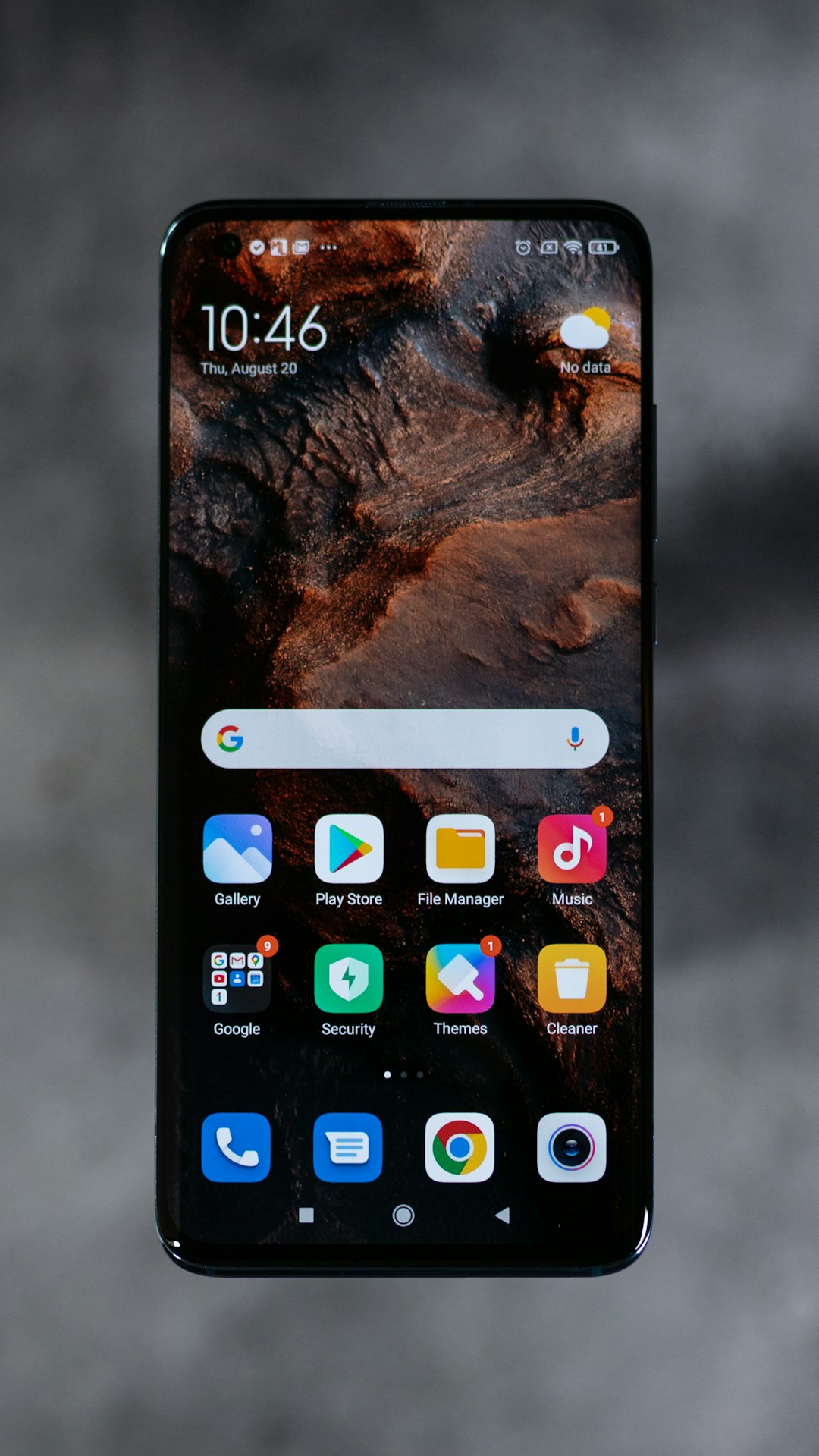Robocalls, though ubiquitous in densely populated states like New Jersey, can disrupt daily life and pose security risks. Despite federal laws (TCPA) and state do-not-call lists, residents often turn to robocall blocking apps for protection against persistent or distressing calls. These apps, tailored to local laws, use machine learning and comprehensive solutions to reclaim communication channels. New Jersey residents can protect their privacy by identifying common patterns, installing reputable apps, customizing settings, enabling call screening, and staying updated on robocaller tactics.
Tired of relentless robocalls on your New Jersey (NJ) phone? Understanding and protecting yourself from these intrusive calls is crucial. In this guide, we’ll explore how robocalls operate and their impact in NJ, delving into the legal protections offered by state laws. We’ve compiled a list of top-rated robocall blocking apps designed for NJ users and provide a step-by-step guide to implementing effective protection. Stay informed with tips from a robocall attorney in NJ to reclaim your peace of mind.
Understanding Robocalls and Their Impact in New Jersey

Robocalls have become a pervasive and often annoying aspect of modern communication, particularly in densely populated states like New Jersey. These automated phone calls, typically used for marketing or legal purposes by robocall Attorney New Jersey, can disrupt daily life and even pose security risks. With the rise of advanced technology, scammers and businesses alike have found new ways to reach consumers, often without their consent. In New Jersey, where a significant portion of the population relies on landlines, the impact is particularly pronounced.
The constant barrage of unsolicited calls can lead to increased stress, wasted time, and even financial loss for residents. Moreover, robocalls can be a vehicle for fraudsters, who use them to spread phishing scams and steal personal information. In response to this growing concern, many New Jersey residents are seeking effective solutions, such as easy-to-use robocall blocking apps, to reclaim their phone lines and protect themselves from these unwanted intrusions.
Legal Aspects: How New Jersey Protects Its Residents from Robocalls

In New Jersey, residents are protected from unwanted robocalls by a combination of state and federal laws. The Telephone Consumer Protection Act (TCPA), a federal statute, prohibits automated or prerecorded calls to cellular phones without prior express consent. In addition, New Jersey has its own robust do-not-call list, which filters out many of these intrusive calls.
Robocall attorneys in New Jersey play a crucial role in ensuring these laws are enforced. If you’ve received robocalls despite being on the do-not-call list or if the calls have caused you distress, consulting with a robocall attorney could be beneficial. They can help navigate the legal complexities and provide guidance on how to proceed, potentially seeking damages for violation of your privacy rights.
Top Robocall Blocking Apps for NJ Phone Users

In today’s digital era, robocalls have become a prevalent and often annoying nuisance for phone users across the globe, including those in New Jersey. Fortunately, numerous applications are designed to combat this issue and provide much-needed relief. Robocall blocking apps have emerged as powerful tools, offering protection against unwanted calls from telemarketers, debt collectors, and other aggressive call centers. These apps utilize advanced algorithms to identify and block automated phone calls, ensuring a quieter and safer communication experience for New Jersey residents.
One of the top-rated options in the Garden State is an app developed with local laws in mind, catering specifically to robocall Attorney New Jersey users. It leverages machine learning to adapt and improve its blocking capabilities over time. Another popular choice provides a comprehensive solution by not only blocking calls but also offering features like call identification and personalized filtering based on user preferences. With these apps, NJ phone users can reclaim their communication channels and bid farewell to pesky robocalls once and for all.
Implementing Effective Robocall Protection: A Step-by-Step Guide

Implementing effective robocall protection is essential for residents of New Jersey looking to safeguard their privacy and reduce unwanted interruptions. Here’s a step-by-step guide to help you combat robocalls:
1. Identify and Understand Robocalls: Familiarize yourself with common robocall patterns, such as those from attorneys or financial institutions, which often use automated dialing systems. Knowing the types of calls to expect can help you recognize potential threats.
2. Install a Reputable Robocall Blocking App: Explore various options available for New Jersey phone users, focusing on apps designed specifically to block robocalls. These apps leverage advanced algorithms and community-driven data to identify and filter out unwanted calls. Look for features like call screening, blocking lists, and customizable settings.
3. Customize Your Settings: Tailor the app’s settings to your preferences. Allow essential calls from known contacts while blocking all other robocalls. Regularly update your block list by adding new identified robocall sources or numbers.
4. Enable Call Screening: Many blocking apps offer call screening, where an automated message greets incoming calls and provides options for accepting or rejecting them. This step can significantly reduce the number of robocalls reaching your phone.
5. Stay Informed and Update Your Data: Keep yourself informed about new robocall tactics by checking updates from app developers and official sources. Regularly verify and update your blocking list to account for evolving methods used by robocallers, especially those impersonating legal or financial entities.






